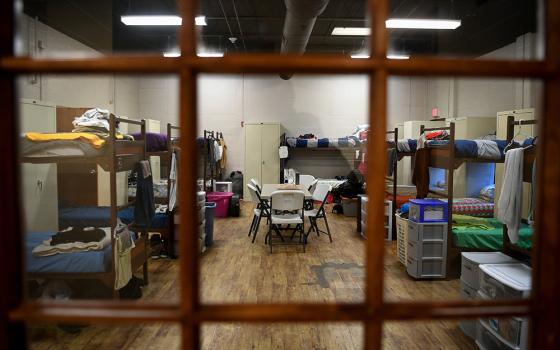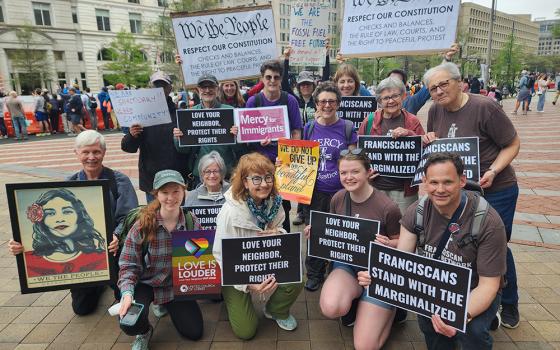Sir Gilbert Levine, whose conducting career has spanned the Philadelphia Orchestra, the Royal Philharmonic and the Dresden Staatskapelle, was a Jew from Brooklyn who had only recently met a Catholic priest when he first met the late Pope John Paul II.
Their improbable friendship, told in Levine’s recent book, The Pope’s Maestro, began in 1987 when Levine was invited to be guest conductor and artistic director of the Krakow Philharmonic in John Paul’s native Poland.
While compelling, the invitation was also unsettling since Levine’s grandparents had fled Poland to escape the Nazis and members of his wife’s family had died in Auschwitz. Living in Krakow would mean living behind the Iron Curtain, but Levine accepted anyway.
Soon after Levine arrived in Krakow, the Vatican summoned him to Rome for an audience with the pope. That invite led to others, and Levine was invited to conduct a concert in 1988 to mark the 10th anniversary of John Paul’s election.
It was the beginning of almost two decades of musical collaboration and a joint mission of peacemaking. The pope named Levine a Knight Commander of the Pontifical Equestrian Order of Saint Gregory the Great, the first pontifical knighthood awarded to an American Jew, and the first given to a non-church musician since Mozart.
The two men also worked together on a 1994 concert to commemorate the Holocaust, and Levine still recalls his friendship with the pope with a touch of wonder. Some answers have been edited for space and clarity.
Question: When did you first meet Pope John Paul II?
Levine: February 1988. I was told by a member of the American diplomatic community, “You’ll have a nice handshake. He shakes hands and stop just long enough for the treasured photograph for the grandkids. It’s not really private. It all happens in front of the thousands that come every week just to be in the pope’s presence.” From then on, we began an incredible relationship.
Tell me how your relationship with the pope affected you.
It deepened my faith, and he honored that Jewish faith wonderfully. It deepened my music making. I understand the spiritual side of music in a deeper and better way than I ever did before. It made me understand that there is no such thing as judging a person by the country they come from, the religion they practice or any surface issue. It is only by the character of their soul that a person may be judged. The pope taught me that.
What qualities, characteristics and statements do you remember most about John Paul II?
I recall his dignity and grace. Late in his reign, he met with the chief rabbi of Rome and the imam of the mosque of Rome. It had been two years since I had seen him, and I wondered how he would be. He was no longer walking, but wheeled forward in what looked like a rolling gold-upholstered throne. He no longer could sit up entirely, but he looked out at the applauding audience with a warm, deep smile, lifting his right arm in greeting, his open hand reaching out as if to shake each outstretched hand from the audience.
He was often like that, reaching out. I was always astonished by the fact that he could let me into his life in the way that he did. For him to have been open to such a friendship is just amazing.
What are the most important things you learned from the pope?
My 17 years with John Paul taught me so much. The power of music and spirit to foster hope, transformation, healing and love. And more about the mysteries of faith, not one but three—Judaism, Christianity and Islam. The potential for reconciliation and redemption in the face of violence and sadness.


